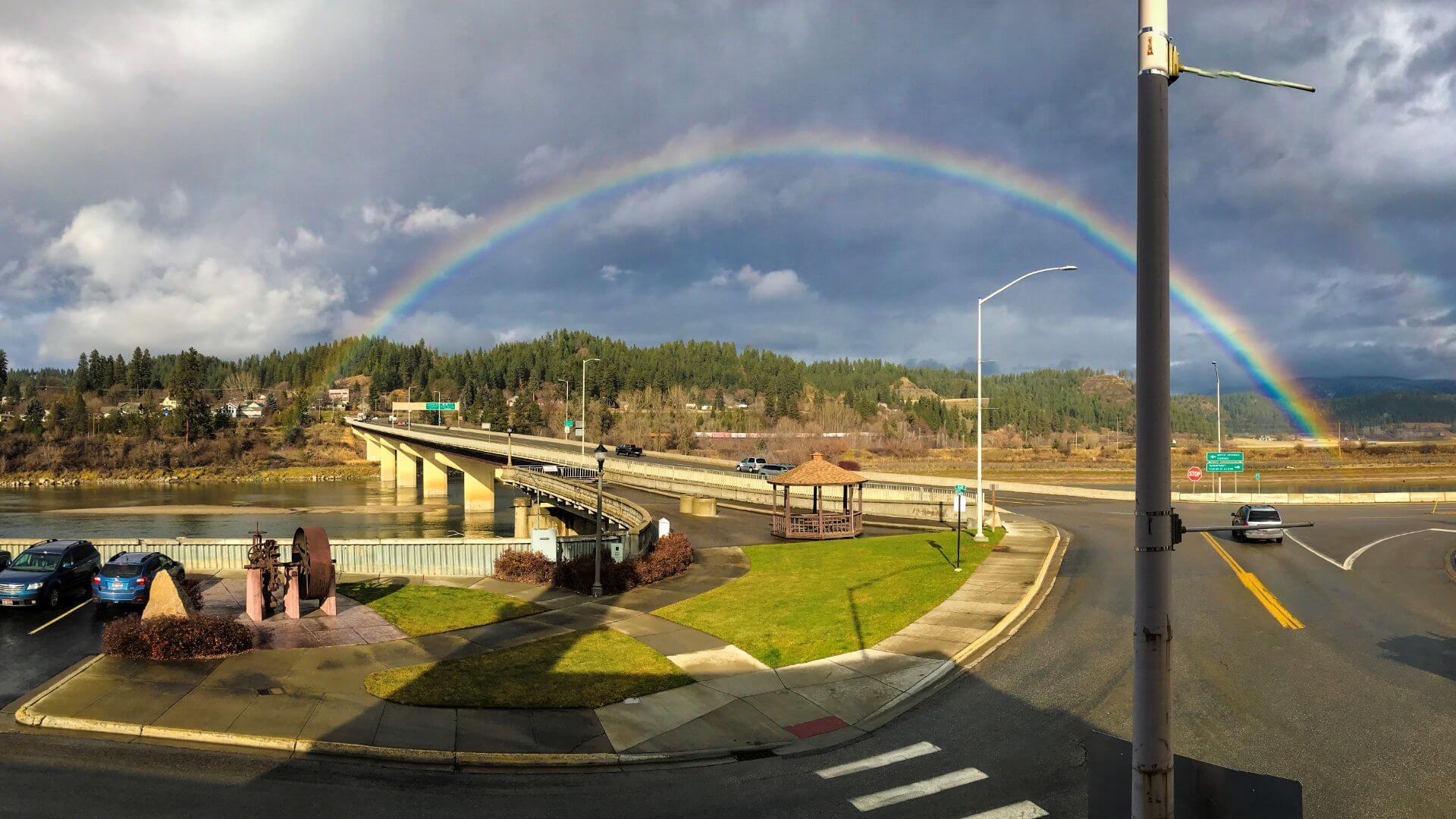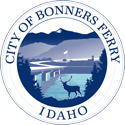
Local Option Tax
What is a Local Option Tax (LOT)?
Under Idaho Code, cities can charge a local option tax (LOT) in three separate areas; sales tax on all items subject to Idaho Sales Tax, liquor by the drink and bed tax on hotel, motels and short term occupancy (VRBOs). However, it must be approved by a minimum of 60% of the voters at an election. In May of 2023, City leadership asked the voters if they would support a local option tax on all items subject to tax under Idaho code, exempting certain monies if spent in one transaction (more on this later). Voters supported this with a 72% passage rate. The new local option tax went in to effect on July 1, 2023. It will expire on December 31, 2033.
Where will the Local Option Tax dollars be spent?
Under Idaho State laws, the city can only use the funds collected for specific areas approved by voters. Voters authorized the collection of the funds at the May 16, 2023 ballot box and the enacting ordinance (Ordinance 609) also must reflect those areas supported by the voters. With that said, funds can only be spent in the following ways:
- Fire Protection, including capital and operating expenses.
- Law Enforcement, including capital and operating expenses.
- Streets, Sidewalks, Buildings and Grounds, including capital and operating expenses, such as road construction and maintenance and snow removal.
- Property Tax Relief (Per Idaho Code, any excess revenue received will be placed in a designated property tax relief fund.)
- Direct costs to the city to collect and enforce the tax.
Who should collect the LOT?
All business who sell goods, within city limits, subject to Idaho Sales Tax are required to collect and remit to the city an additional one percent (1%) sales tax.
Whether you own a business in the City of Bonners Ferry, or just have occasional sales or deliveries within city limits (farmers markets, mobile food vendors etc.), your business shall be required to remit the 1% Local Option Tax on all sales under a $1,000.00, completed in a singular transaction.
A useful rule to remember: If your business remits sales tax to the state, you will also remit to the City of Bonners Ferry (for sales inside city limits).
How should I document my remittance with the city?
The City’s business license is the first place that anyone conducting sales within city limits needs to start. Need a business licenses? Check out the links for those forms.
Next, monthly remittances of the 1% is due on the 20th proceeding the previous months sales. For example, tax received in July are due by the 20th of August. The city’s remittance form follows closely to what the state requires. You will have to remit your funds to the city through a check, cash or through the online payment portal.
Who and what is exempt from the collection of LOT?
- A business or organization which is exempt from Idaho sales tax is also exempt from the LOT. For example, a governmental entity which is exempt under Idaho State law is not required to pay the city the 1% sales tax. However, if that same governmental entity sells goods that are subject to sale tax, for example greens fees at a city golf course, then those items are subject to pay the 1%. For more information on whether your business is exempt from paying sales tax, you can call the city and we can assist. But remember, a good way to know if you are required to remit the 1% is whether or not you are subject to Idaho sales tax remittance too.
- A single item purchase of $1,000.00, or more completed in a singular transaction. For example: If you purchase four (4) tires from a local vendor and the total costs (before sales tax) is greater than $1,000.0, the additional 1% is exempt. However, the State sales tax is still applicable. For more information on this, please see our handout regarding when sales tax is required.
How do I get my business license, LOT Permit, or the LOT remittance form?
The first step to getting your LOT permit is to complete a Business licenses application form and return them to City Hall. A business license fee of $50.00, per the official schedule, is required to accompany your application. Once your business licenses is approved, the city will also provide you with a LOT permit number. That number will be needed on each of your remittance forms.
Email your completed business applications in PDF format (no photos please) to ltyler@bonnersferry.id.gov. You may also mail it to P.O. Box 149, Bonners Ferry ID 83805 or drop them by the City Hall office during regular business hours. If you email your applications, please also mail the original documents to the P.O. Box address noted above.
How will collection and remittance of LOT work?
Businesses can collect the additional 1% sales tax at the point of sale. If no tax is taken at the point of sale, businesses are still subject to paying the tax on all sales subject to tax. Most businesses will take the tax at the point of sale, however some may choose to pay for it out of the business. Either way, the law requires that the business pay the remittance whether or not the tax is taken at the point of sale.
Payments can be made via check, cash or online payment. There is a 3% fee plus a $1.25 fee to utilize the online portal. Payments must accompany your remittance voucher. Without your remittance voucher, the city will not be able to connect your payment with your business.
Learn more about local sales tax for cities.
Interested in learning more? Did you know that there are 21 cities in the state that have voter approved local option tax? Want to learn more, check out this link Idaho LOT cities to learn which cities have LOT and what they use their funds for.
Interested in learning what Idaho Code says about LOT? Click here for more:
- Idaho Code §50-1044-1049
*This information is for general guidance only. Tax laws are complex and change regularly and we can’t cover every circumstance in our guides. Our guidance may not apply to your specific situation and so you are encouraged to Contact Idaho State Tax Commission with any questions. We work to provide current and accurate information, but some information could have technical inaccuracies or typographical errors. If there’s a conflict between current tax law and this information, current tax law will prevail.


